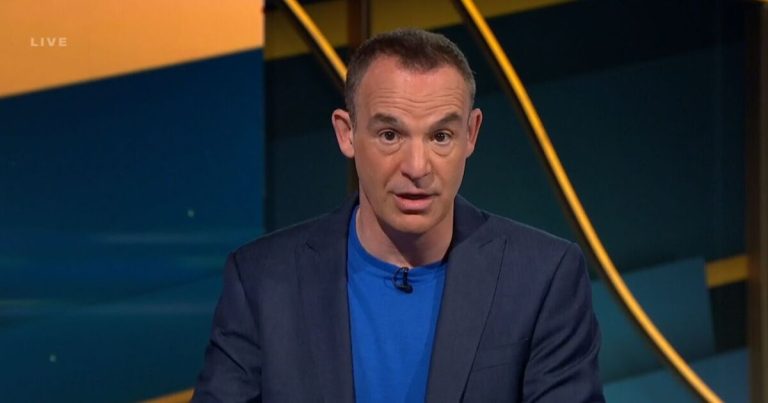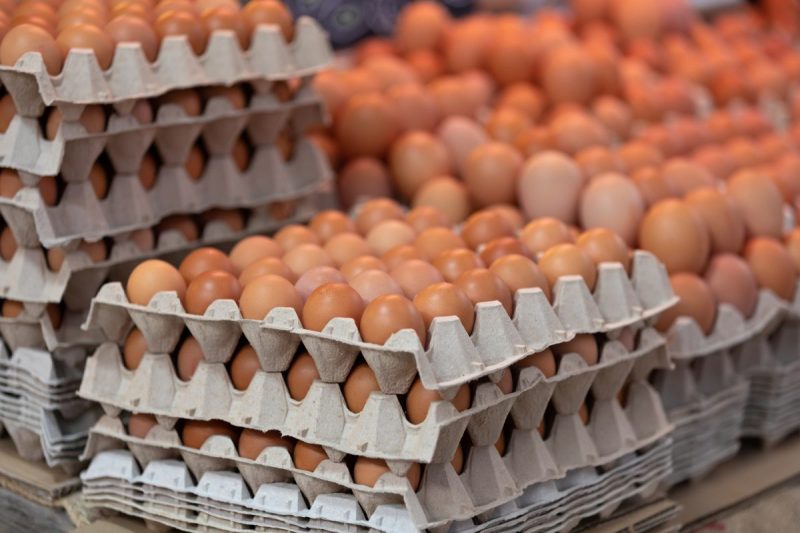
Millions of Universal Credit claimants saw their payments slashed this year to repay debts.
Figures have revealed for the three months to May 2023, there were 2.3 million deductions across the UK. This is the equivalent of £6.8million each month being deducted from payments.
A common reason for a deduction is a person owing money such as for their rent, council tax or energy bills, with money taken directly from their benefits towards paying off the amount.
A claimant will be informed if they face a deduction by a letter or an update in their Universal Credit journal.
Government guidance states a person on Universal Credit will get a five percent deduction for each debt they owe. For debts for rent, this increases to a deduction between 10 and 20 percent.
Claimants can also arrange for an extra amount to be deducted from their benefits to go towards paying their bills.
To arrange this for gas and electricity bills, a claimant will need to contact their energy supplier to give their consent and agree the amount to be deducted.
A person can stop deductions for ongoing bills at any time they wish, by contacting the office that pays their benefit.
To change the amount a person is paying from their benefits, they will need to contact the supplier. A person can also arrange for their benefits to be deducted to go towards paying water bills.
For those on Universal Credit, deductions will stop once a person has repaid their debts. Those on other benefits can request to continue to pay their bills via deductions.
A claimant may also get deductions from their Universal Credit payment if they are paying off an advance payment.
Deductions can be taken from these benefits to pay off a person’s debts:
- Universal Credit
- income-based Jobseeker’s Allowance (JSA)
- income-related Employment and Support Allowance (ESA)
- Income Support
- Pension Credit.
For the latest personal finance news, follow us on Twitter at @ExpressMoney_.






